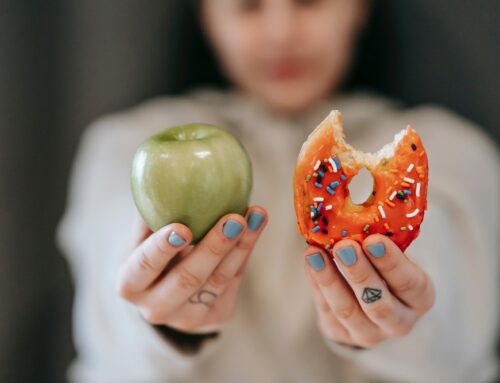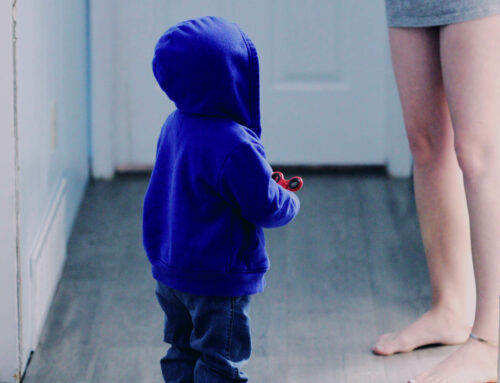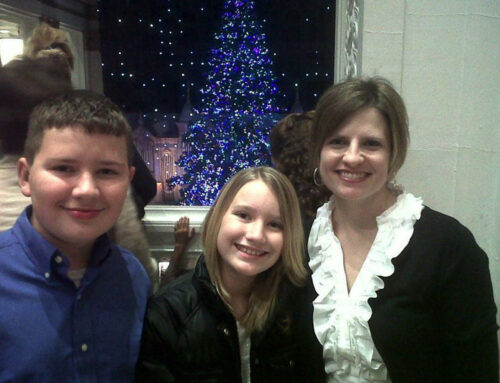 If we’re social media friends, you know this year I kept a running count of the truly great books I read throughout the months. (See the complete 2021 list in the comments.) To be great fiction it must transport me into a story with language, characterization, and theme. To be great nonfiction it must still be well-written, but with life-changing, worldview-shifting insights.
If we’re social media friends, you know this year I kept a running count of the truly great books I read throughout the months. (See the complete 2021 list in the comments.) To be great fiction it must transport me into a story with language, characterization, and theme. To be great nonfiction it must still be well-written, but with life-changing, worldview-shifting insights.
In November I shared Steve Cuss’s book, “Managing Leadership Anxiety: Yours and Theirs” and wrote, “Don’t be thrown by the title—this book is not only for leaders who have a diagnosed anxiety issue, although it will be helpful for them. This is an introduction to a new level of self-awareness in leading and being present in your interactions with others, and also includes a good intro to family systems theory.”
There is a lot of great stuff in Steve’s book, but what I found myself thinking about most often in the weeks after finishing it was his idea that the root of anxiety is thinking we need something we don’t actually need.
Steve writes, “This anxiety blocks our awareness of God, makes us believe a lie, and keeps us from encountering grace. It teaches us a false gospel—that we need something other than Christ in any given moment to be okay. I think that is why so many people get stuck in their spiritual growth, because they never wrestle with what this thing is, when it shows up, and what triggers it.”

Every year I get anxious that one or more of us will get sick for the holidays. The worry is well-intentioned – we get so little time together, and I want it to be fun. The worry is also well-founded – someone (some child) has been sick for Thanksgiving or Christmas almost every year, with a special bonus episode last year when, four days before Thanksgiving, Miles had to quarantine because he spent an hour driving around Knoxville in a car with windows up and masks off belting out the Hamilton soundtrack with his friend Jake who subsequently tested positive for Covid, and Nina pulled too many all-nighters and ended up with viral pneumonia and couldn’t use the $500 plane ticket we’d bought for her trip to Knoxville. Ten pounds of turkey makes a lot of leftovers for two people.
But this year I thought about Steve’s point: anxiety shrinks the gospel because it’s all about self-reliance. My anxiety shrinks the gospel because it says I need certainty, control, or happy circumstances to be okay. And that’s not true.
The week before Thanksgiving this year, when I caught myself worrying about the logistics and details of nine people and 12 bags of groceries and one family gathering, I reminded myself: I don’t need Thanksgiving to go well to be okay. I don’t need everyone to be healthy, I don’t need every conversation to be a moment of connection, I don’t even need to enjoy it to be okay. As it turns out, we all stayed healthy and it was a lovely time together. I spatchcocked a turkey and gained two pounds. But I experimented with the freedom of saying, I don’t need this.
There are many other, much more significant applications:
- I don’t need this person to like me to be okay. I don’t need him to think I’m smart or well-connected or to be impressed by my resume.
- I don’t need more money to be okay. You may need more money to feel appreciated by your employer, which is another valid conversation. But you don’t need it to be okay in your spirit.
- I don’t need this project to go perfectly to be okay.
- I don’t need to be up front or in charge to be okay.
- I don’t need to win this argument to be okay.
- I don’t need to be understood to be okay. (This one is graduate level.)
The freedom of this way of thinking comes from the shadow side of its dysfunction – when you can’t control things, but your happiness or peace depends on them going a certain way, you will feel anxious. When you can’t control people, but you want them to behave a certain way, you will feel anxious. When you give this up and decide contentment will come from other things, there is freedom. For Christian people, that other thing is Jesus, who can work things for good and knows what you truly need. For all of us, that other thing can also be our own choices including control of ourselves and our reactions.

For those of you rolling your eyes, asking why anyone would waste emotional energy on things they can’t control, I know this is Christianity (and Psychology) 101. But consider what YOU need to feel okay. Do you need people to think you’re funny, or knowledgeable, or strong? Do you need them to notice how hard you’re working? Do you need to make the most significant contribution in the meeting? Do you need compliments on your appearance or your children or your house? Do you need everyone to know you knew it first? Steve’s point is all of us think we need more than Jesus to be okay, and we all spend time, money, and emotional energy chasing those things.
(Also, if you pride yourself on being a non-worrier, a laid-back person who doesn’t “sweat the small stuff,” please ask your spouse or close friends what they’re doing to keep your life from imploding.)
For all the rest of us, sometimes it’s helpful to be reminded of these basic truths. At church this month our pastor talked about Advent as an opportunity to prepare the way for the Lord in our own lives, and these last few weeks of the year would be a good time to sit with the question of what you have to have to be okay, and what you’re putting yourself through to chase it, and what might happen if you let it go.
“If we can learn to notice when [this] is at play, name what we think we need that we do not actually need, and then die to it, we can be freed from its grip and opened to a deeper experience of grace,” Steve writes. May you experience this gift of grace this Christmas. And may all of us stay healthy.




My best books of 2021:
The Great Believers – Makkai
Hamnet – O’Farrell
After the Last Border: Two Families and the Story of Refuge in America – Goudeau
The Glass Hotel – St. John Mandel
The Making of Biblical Womanhood – Barr
What is a Girl Worth? – Denhollander
Dead Wake – Larson
How to be an Antiracist – Kendi
The Current – Johnston
The Lost – Mendelsohn
Made to Stick – Heath & Heath
Jesus and John Wayne (second read) – DuMez
Crossing the River: Seven Stories That Changed My Life – Smith
Love this. Sharing with my husband who will love it, too.